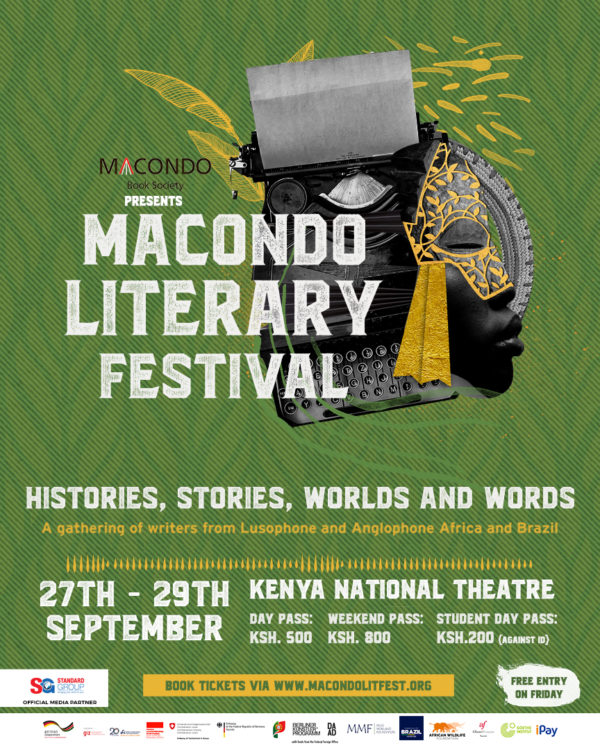
A new literary festival will be celebrating both Anglophone and Lusophone literatures. The Macondo Literary Festival, named after the fictional town in Gabriel Garcia Marquez’s One Hundred Years of Solitude, “a place where magical things happen,” will be held in Nairobi from 27 to 29 September 2019. The event is an initiative of the Macondo Book Society, a Kenya-based non-profit founded by the journalist Anja Bengelstorff and the novelist Yvonne Adhiambo Owuor, which “seeks to organize regular literary festivals that promote literature and authors of and from Africa beyond linguistic borders, to initiate and encourage the engagement of a wider public with literature and its creators as a means of societal growth.”
The event is “intended as a platform for the exploration of belonging, identity and history among Anglophone and Lusophone authors and audiences in Kenya whose societies were artificially separated through colonial demarcations, but similarly impacted by
the different forces of history, more particularly colonisation.” At its end, guests will be asked to contribute essays to an anthology reflecting on the conversations had at the festival.
For this first edition of the festival, Lusophone authors from Mozambique, Angola, GuineaBissau etc. are to be invited because in recent years, several novels by contemporary Lusophone writers got translated into English for the first time, making these writings accessible to a much wider audience. These translations reveal that their authors have been engaging with their countries’ histories for decades.
Authors from the Anglophone and Lusophone worlds of Africa will engage with each other and with the Kenyan audience in a series of panel discussions, readings, interviews, meet-the-author sessions etc on issues of (shared) histories (What unites, what separates us?) based on the authors’ works of historical (non) fiction. During these engagements, in order to insert new perspectives and actors into the societal debate around identity and the way forward for African nations, questions such as the following are discussed:
Why are African identities still intertwined with and shaped by the colonial experience? From which lenses and how are African peoples’ histories told and retold? Who are we? How did we become who we are? What is true about our history? Where are we headed in response to our past? How do we shape our future?
The Macondo Literary Festival will further feature workshops on:
a) filming history: with Joao Viana, at the Goethe-Institut Auditorium
b) writing history, with award-winning Kenyan novelist Peter Kimani
c) translating history, with Portuguese-English translator Jethro Soutar
d) and history in radio, with GIZ Kenya, Goethe-Institut Media Center.
There will also be exciting side attractions:
• A storytelling performance on historical fiction with Ogutu Muraya
• An evening of African histories in film/film screening and discussion with Joao Viana
• A musical performance from Lusophone Africa
• Exhibitions on African history: Sitawa Namwalie’s My Grandmother’s Miniskirt and Shujaa Stories
The Organisers
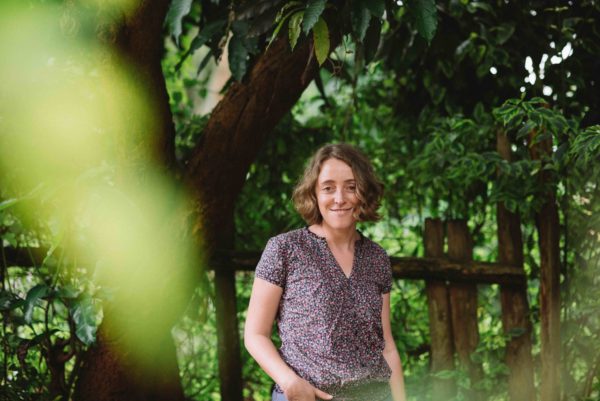
Anja Bengelstorff, MA, has been living in Kenya for 15 years. She has been a media correspondent in Germany, Switzerland, and Austria, and Programme Officer for the German Academic Exchange Service (DAAD). She has been involved in organising literary events at the Goethe Institut, Nairobi. She is the chair of the organising committee.
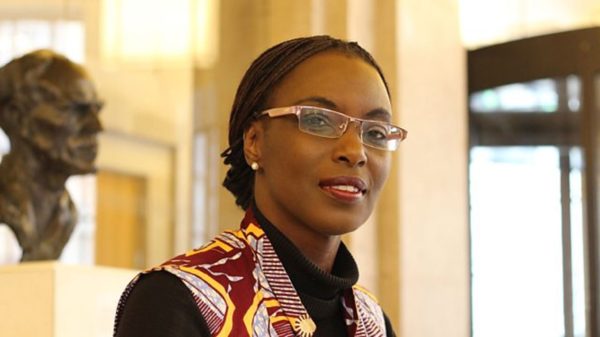
Yvonne Adhiambo Owuor, MA, MPhil, is the author of two novels: the celebrated Dust (2013) and The Dragonfly Sea (2019). Winner of the Caine Prize in 2003, she is currently a Fellow at Wissenschaftskolleg zu Berlin, Germany. She is the Treasurer of the organising committee.


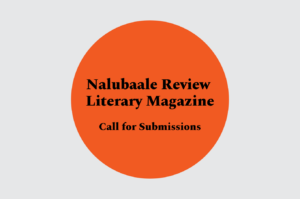

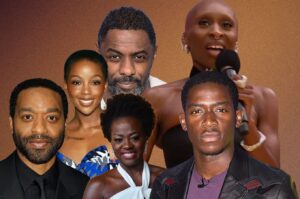
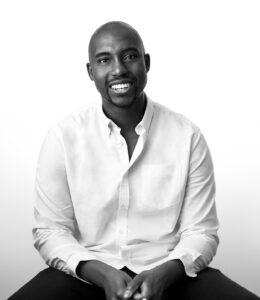

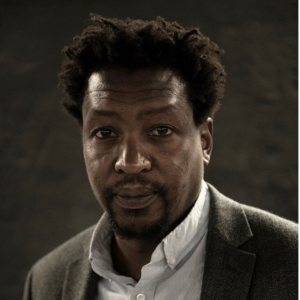

COMMENTS -
Reader Interactions